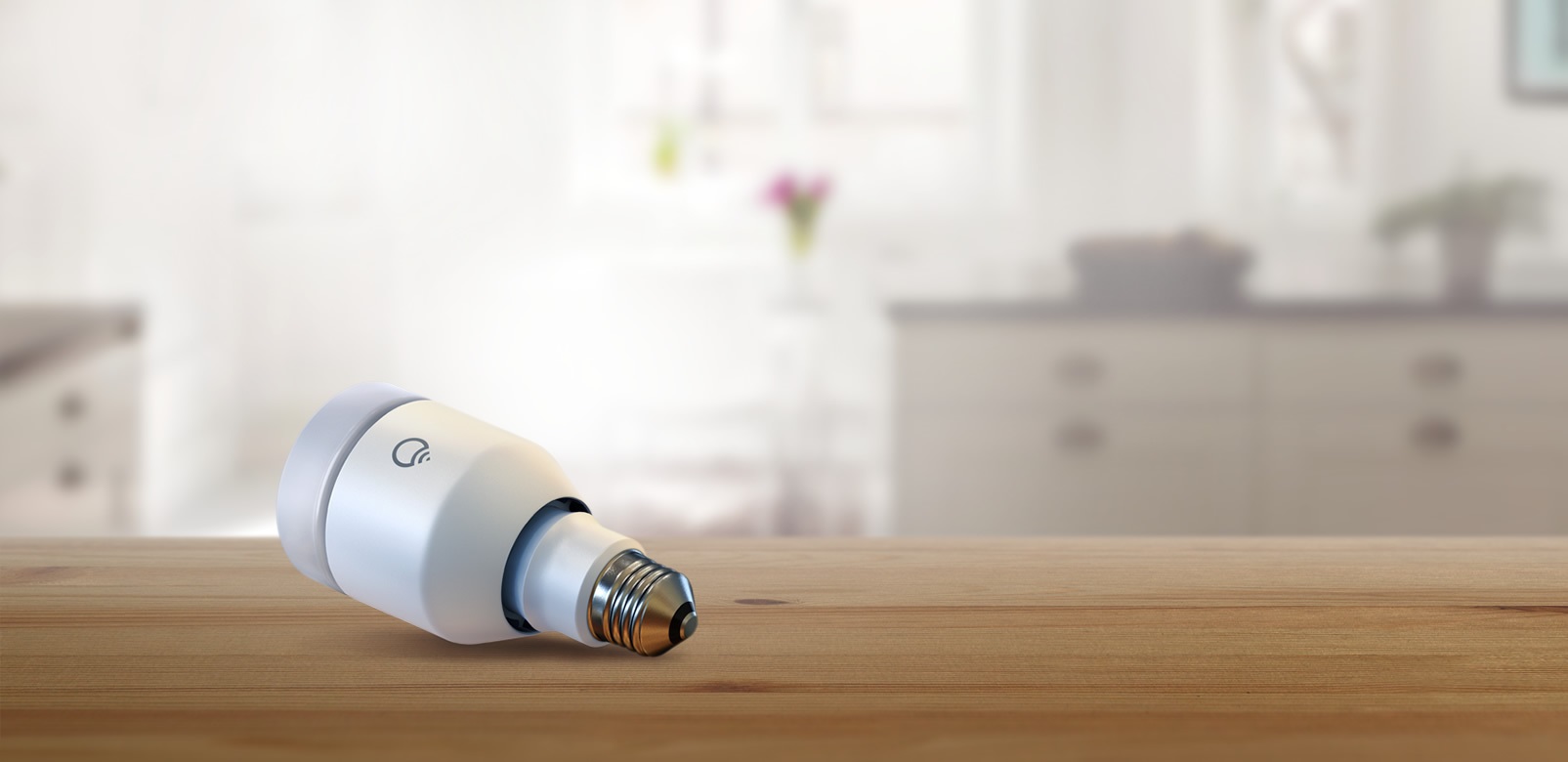Are you looking for ways to make your home more energy-efficient? Saving energy is not only good for the environment, but it can also save you money on your utility bills. In this blog post, we will discuss six ways that you can make your home more energy efficient. Follow these tips, and you can reduce your carbon footprint while saving money!
Replace Your Windows
If your home has older windows, they may not be as energy efficient as newer models. Replacing your windows can help to reduce heat loss in your home, and it can also improve the appearance of your home. It will help keep your home cooler in the summer and warmer in the winter, saving you money on your energy bills. New and professionally installed windows (see here for more), will also add value to your home if you decide to sell.
When replacing your windows, choosing the right type of window for your climate is important. You can work with window replacement experts to find the best option for your home. For instance, In colder climates, you will want to choose windows that have a low U-factor. The U-factor measures how much heat is lost through a window. In warmer climates, you will want to choose windows that have a high Solar Heat Gain Coefficient (SHGC). This measures how much heat is admitted through the window.
Getting another layer of glass is another great way to save energy. Lots of homeowners are getting UPVC double-glazed windows for their houses to ensure they have an energy-efficient home. These solutions provide better insulation than single-pane windows, helping to keep heat inside during the winter and outside during the summer.
Insulate Your Home
Another way to make your home more energy-efficient is to insulate it properly. Many homes are not well insulated, leading to higher energy bills. Adding insulation to your attic, walls, and floors can help keep your home at a comfortable temperature and reduce energy usage.
You can also insulate your home by sealing any gaps or cracks that let in outside air. These gaps can be found around windows, doors, electrical outlets, and plumbing fixtures. Sealing these gaps with caulk or weatherstripping can help keep your home insulated and reduce energy bills.
Install Solar Panels
Solar panels are a great way to reduce your reliance on fossil fuels and save money on energy bills. They can provide a significant portion of your home’s energy needs if you live in an area with a lot of sunlight. Solar panels can be used to heat your home, power your appliances, and even provide hot water.
There are a few things to consider before installing solar panels. First, you will need to calculate the energy your home uses. This will help you determine how many solar panels you need to install. Second, you will need to find a sunny location for your solar panels. Third, you must decide whether you want to lease or purchase your solar panels. Leasing solar panels is often cheaper upfront, but it may not be the best long-term investment. Purchasing solar panels will cost more upfront, but you will ultimately save more money in the long run.
Replace Your Light Bulbs
Another simple way to make your home more energy efficient is to replace your light bulbs with LED bulbs. LED bulbs use less energy than traditional incandescent bulbs and last much longer. Replacing all the bulbs in your home with LED bulbs can save you significant money on your energy bill.
You can also save energy by using lamps and other lighting fixtures that are designed to be more energy efficient. These fixtures use less energy than traditional models and often provide the same amount of light.
Program Your Thermostat
One of the easiest ways to save energy in your home is to program your thermostat. Setting your thermostat to a higher temperature in the summer and a lower temperature in the winter can help you save money on your energy bills. You can also use a programmable thermostat to adjust the temperature in your home based on when you are home and when you are away.
When you are away from home, you can set your thermostat to a higher or lower temperature to save energy. For instance, if you are on vacation, you can set your thermostat to a higher temperature so that your home does not need to be cooled as much while you are away. This will save you money on your energy bill.
If you have a home with a fireplace, you can also use it to help heat your home in the winter. Fireplaces are often inefficient when it comes to heating a home, but they can be used to supplement your heating system. If you use your fireplace wisely, you can save money on your energy.
Upgrade Your Appliances
Another way to make your home more energy-efficient is to upgrade your appliances. Many appliances, such as refrigerators, dishwashers, and washing machines, have been designed to be more energy-efficient in recent years. These appliances use less energy than older models, saving you money on your energy bills.
When shopping for new appliances, look for models with an Energy Star rating. These appliances meet strict energy-efficiency guidelines set by the US Environmental Protection Agency and the Department of Energy. Energy Star-rated appliances can help you save money on your energy bills and help protect the environment.
Making your home more energy-efficient doesn’t have to be difficult or expensive. You can do several simple things to save money on your energy bills. Replacing windows, caulking, weather-stripping, and upgrading your appliances are all great ways to make your home more energy efficient. You can also save money on your energy bill by using a programmable thermostat and ensuring your home is well-insulated. By taking some simple steps, you can make your home more comfortable and save money on your energy bills.


